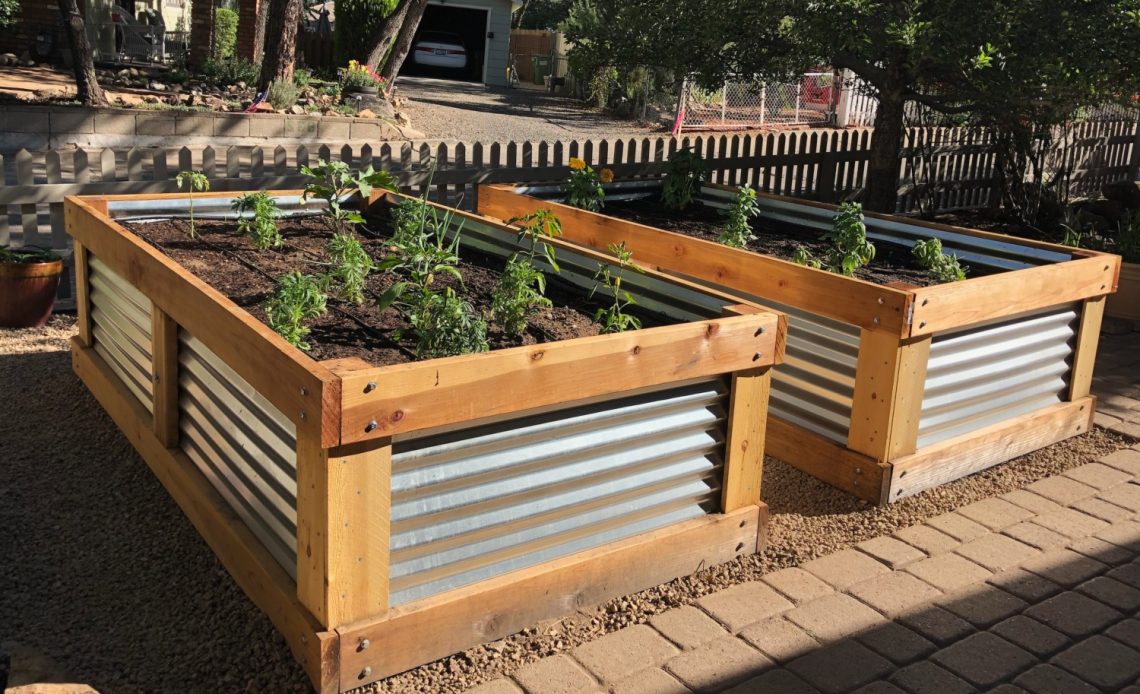

We’re here to help! Wild Yards is a completely free website that is 100% dedicated to helping you create a wildlife-friendly, sustainable yard. Read more
WildYards is reader-supported. When you buy a product through a link on our site, we may earn a comission. Every product is independently selected by our (obsessive) editors and our reviews are unbiased and objective. Read more about our mission or our privacy policy.
If you’re starting a garden in your backyard, you’re probably itching to get your hands in the dirt right now. But before you can actually plant anything, you’ve got to figure out what sort of garden you’re going to build. Metal raised beds are especially popular for a variety of reasons. But for all their advantages, there are some downsides to using raised metal beds, too. Today, we’re covering a few of the pros and cons of metal raised garden beds to help you make a decision.
Metal raised beds are durable, moveable gardens that are perfect for small spaces. These beds offer better drainage, are easy to amend, and cut down on weeding. But metal raised beds can be costly to build and maintain, and they may be less than ideal in warm climates as they retain heat.
What are metal raised garden beds?
Hey, it’s not complicated! Metal raised garden beds are simply raised garden containers that are made of metal. Whether you use livestock water troughs or construct your own garden beds with sheets of corrugated metal and flashing, it doesn’t matter. You can even use metal barrels with the tops cut off, and, in fact, these work very well for growing watermelons in small spaces.
Metal raised beds are also available commercially, for anyone who wants to start gardening as soon as possible, or who doesn’t have the tools to construct their own beds. Metal beds can be made in any size, from something as small as a window box to a container as large as the bed of a truck — whatever suits your garden space.
What are the pros of metal raised garden beds?
There’s a reason why metal raised garden beds are so popular these days. It’s because they have so much to offer! If you’re planning on starting a garden, metal raised beds are definitely worth considering. Check out some of the amazing benefits that these raised beds have to offer.
Metal raised garden beds save time
Traditional in-ground gardens require a lot of prep work. The area has to be marked off, then the dirt has to be broken up with a rototiller or with a tractor and a pull-behind plow. Once it’s been turned over, the soil must be raked and roots, sticks, and rocks must be removed. It sounds like only a few steps on paper, but it can be a laborious process.
Metal raised beds do take a bit of time initially, especially if you build your own. But once you’ve got the beds ready, all you have to do is fill them with topsoil and you’re good to go. Prepackaged topsoil available at garden centers is clean and free of any debris you’d have to remove by hand if you were preparing an in-ground vegetable patch. This saves time, making the garden set-up process that much easier.
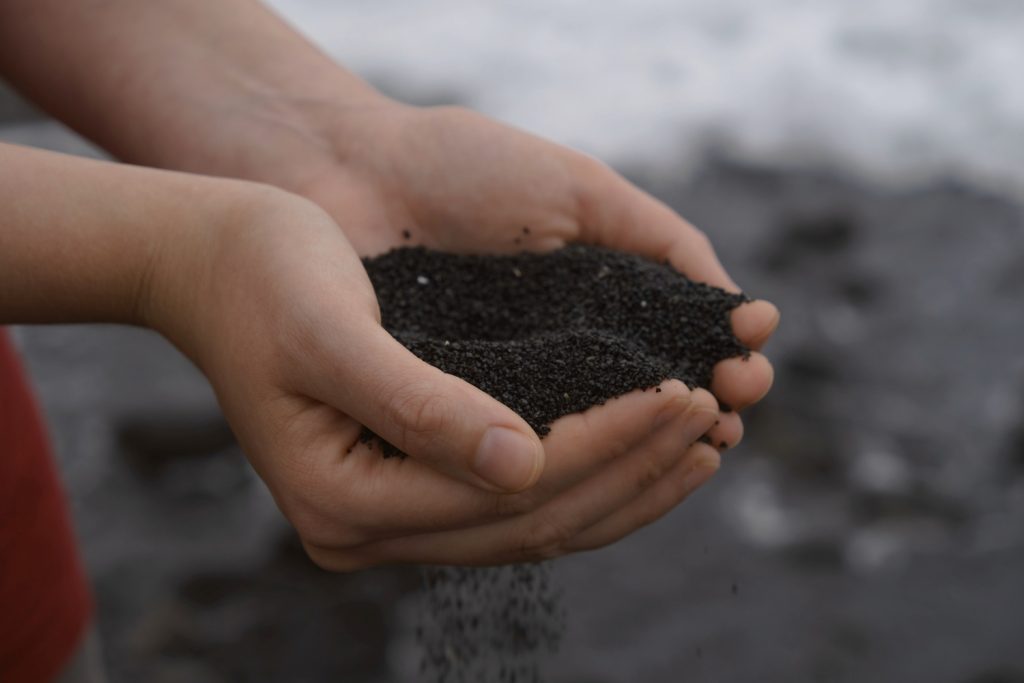
They’re easy to move around
One of the major downsides of in-ground gardens (and hugelkultur gardens, too) is that once you’ve built them, you can’t move them. They’re stuck right where they are, and if you ever need to rearrange your property, you have to wait until your garden has finished for the season, then deconstruct the bed and build a new one somewhere else. It’s a lot of hassle.
Metal raised beds are moveable. Small metal beds can be moved while your crops are still growing. And even though you’ll still have to wait for the growing season to finish up before you can move large metal beds, at least you can reuse the beds. You won’t have to tear them up and build new ones, which saves both time and money.
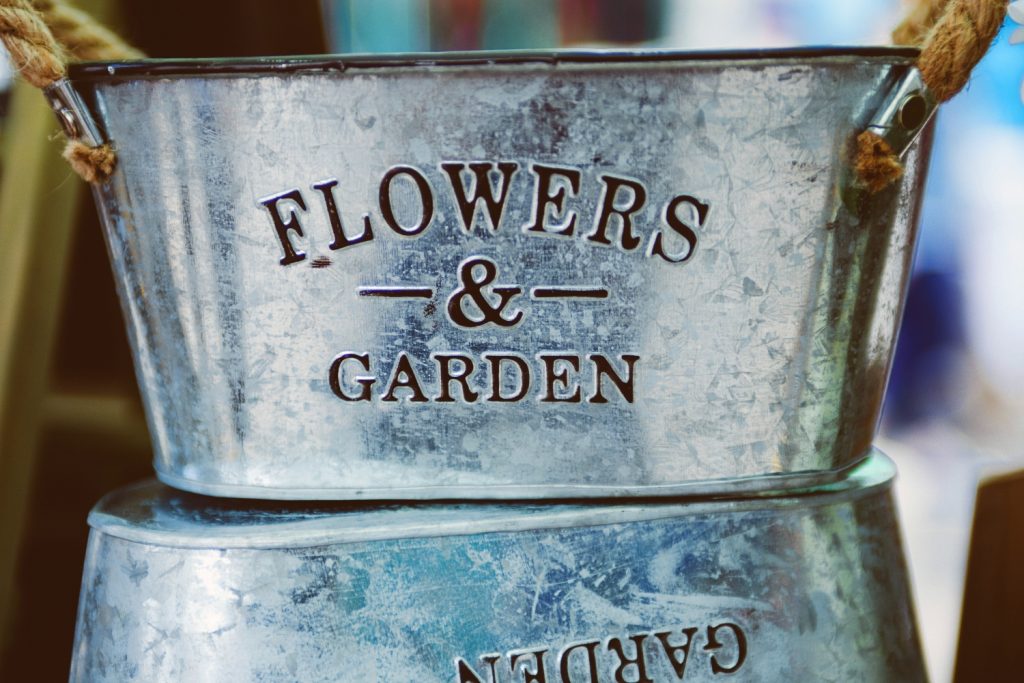
Metal raised garden beds are highly durable
Wooden raised beds are another popular type of garden, and they have many of the same benefits as metal raised garden beds. But because they’re wood, they do break down over time. Using treated lumber can prolong their usefulness, but since garden soil stays moist for prolonged periods, that environment promotes wood rot. And even treated lumber can rot over time.
Besides, using treated lumber can cause chemicals from the lumber’s treatment to leach into the soil, where it can contaminate your crops. It’s best to line raised beds made from treated lumber with plastic before planting. However, this can result in poor drainage. So even though you spare your beds from wood rot, you may end up making your plants prone to root rot.
Metal beds, on the other hand, do not release chemicals, so they won’t harm your produce. And because they’re moisture resistant, they’re highly durable. Metal raised beds can last upwards of 30 years, whereas wooden beds only last 5 to 10 on average.
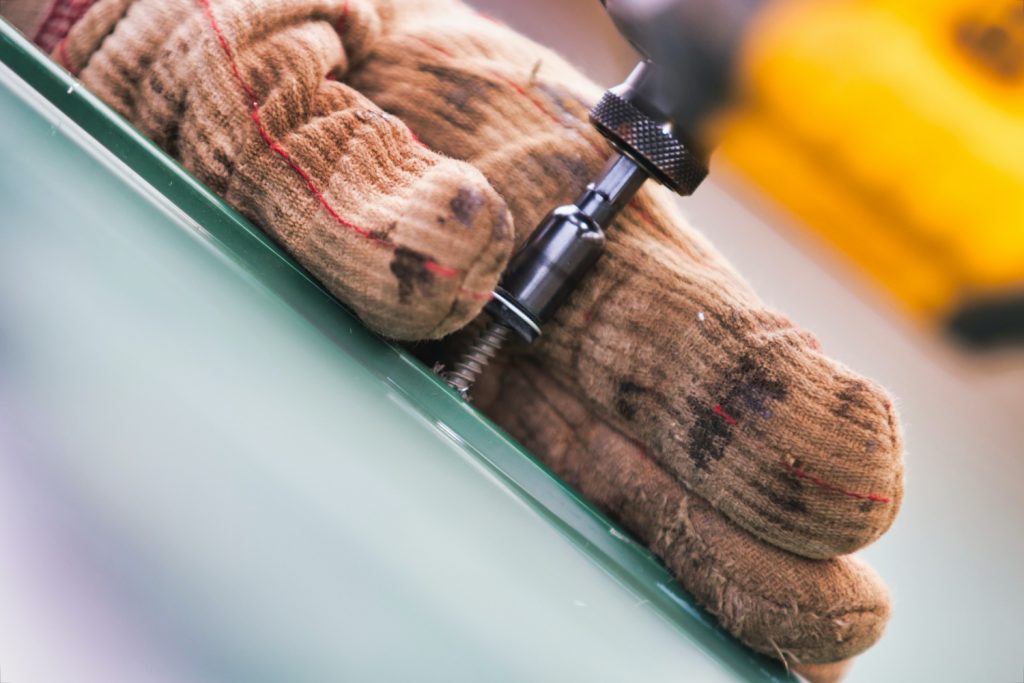
They allow you to start your garden sooner in the season
Metal conducts heat, which keeps the soil nice and warm for young seedlings. This means you can start planting earlier in the season with metal raised beds than you would be able to with an in-ground vegetable plot. You can also continue growing into the early winter months. And the longer the growing season lasts, the more food you can grow.
Of course, just because metal raised garden beds keep the soil warm doesn’t mean you won’t have to take extra measures to keep your plants from freezing. You’ll still need to cover your crops with plastic or painter’s cloth to protect them from seasonal frosts. But because metal beds allow the soil to heat up quickly, you can get a 1 to 4-week jumpstart on the gardening season, and keep growing long after others have plowed their gardens under for the year.
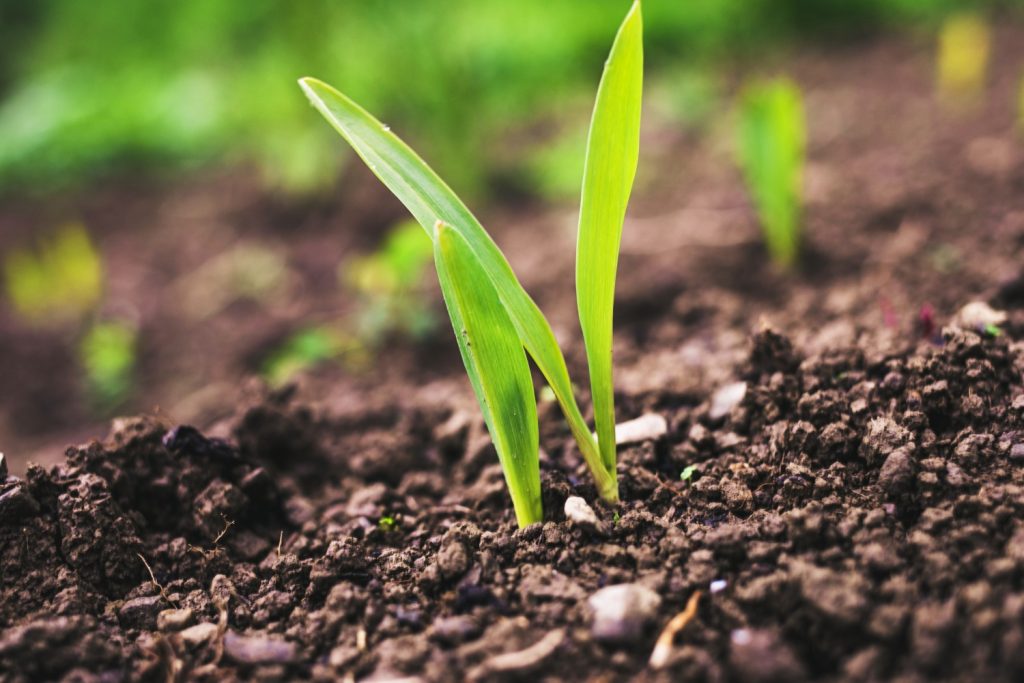
You don’t have to spend so much time fighting insects and other pests
Gardening is all fun and games until your crops fall victim to insect infestations and gophers. Then it’s just one big headache. But, fortunately, metal raised beds help combat both of these pesky pests. Keeping plants up off the ground, away from insects, makes it much easier to control pest levels. Sure, bugs can still crawl up the metal to get to your plants. But metal gets hot in the sunlight, which helps repel bugs and protect your crops.
And because metal raised beds are up off the ground, there’s no way for gophers, moles, or shrews to make their way in. So roots are allowed to grow uninhibited, which helps your plants get established quickly. Not only does that help them fight off diseases, but it also means you won’t have to water them as frequently.
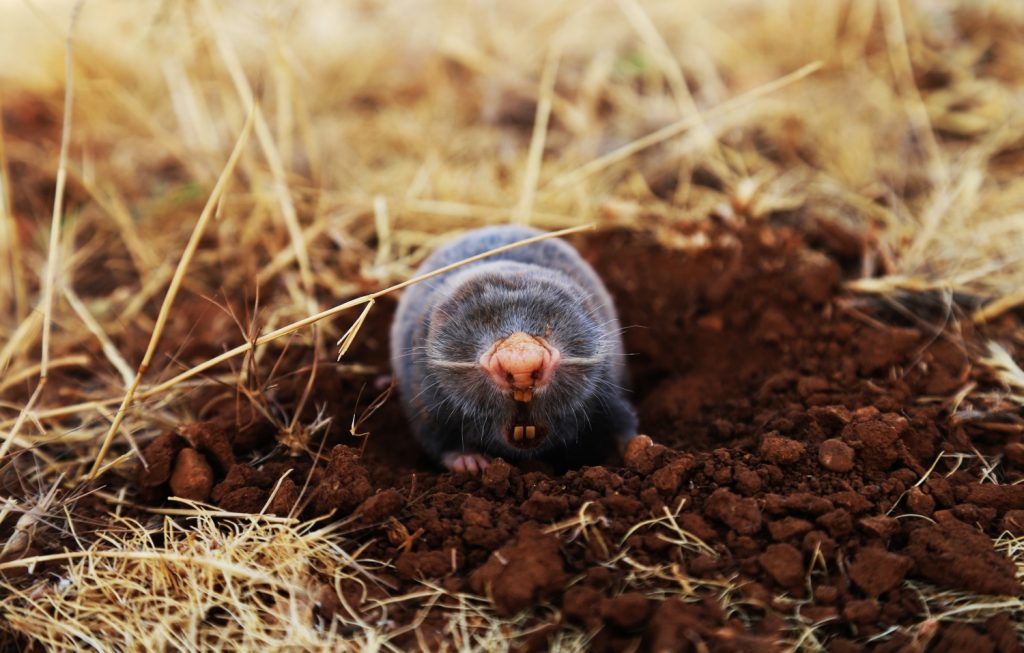
Metal raised garden beds require less weeding
When you grow your plants in an in-ground vegetable patch, you’re just reusing native soil. And while that’s not necessarily a bad thing, that soil has simply been tilled, meaning all of the plants that were growing in it before you tilled it are still there. And it’s only a matter of time before they spring back to life and make your life a weeding nightmare.
Because raised metal garden beds are filled with soil mixtures made from prepackaged materials, there are fewer weeds to deal with. Over time, birds, squirrels, and other animals may spread seeds into your raised garden beds. So there will be a few that you need to uproot here and there. But, compared to an in-ground garden, raised metal beds require significantly less weeding, saving you time and labor in the long haul.

They’re easy to amend
Different plants have different needs. For instance, tomatoes prefer soil that’s slightly acidic, while bush beans rely more on nitrogen to produce. Raised metal garden beds make attending to the individual needs of your garden plants much simpler. Because there’s no foot traffic on a raised bed, the soil never gets too compacted. It stays loose, so it’s easy to incorporate coffee grounds, blood meal, bone meal, and other fertilizers into the soil.
The loose soil that metal raised beds provide allows you to amend the soil for your plants whenever you need to. You can mix fertilizers in with a hand trowel and weed fork, instead of having to use a spade to break up the ground as you would need to do in an in-ground vegetable patch.
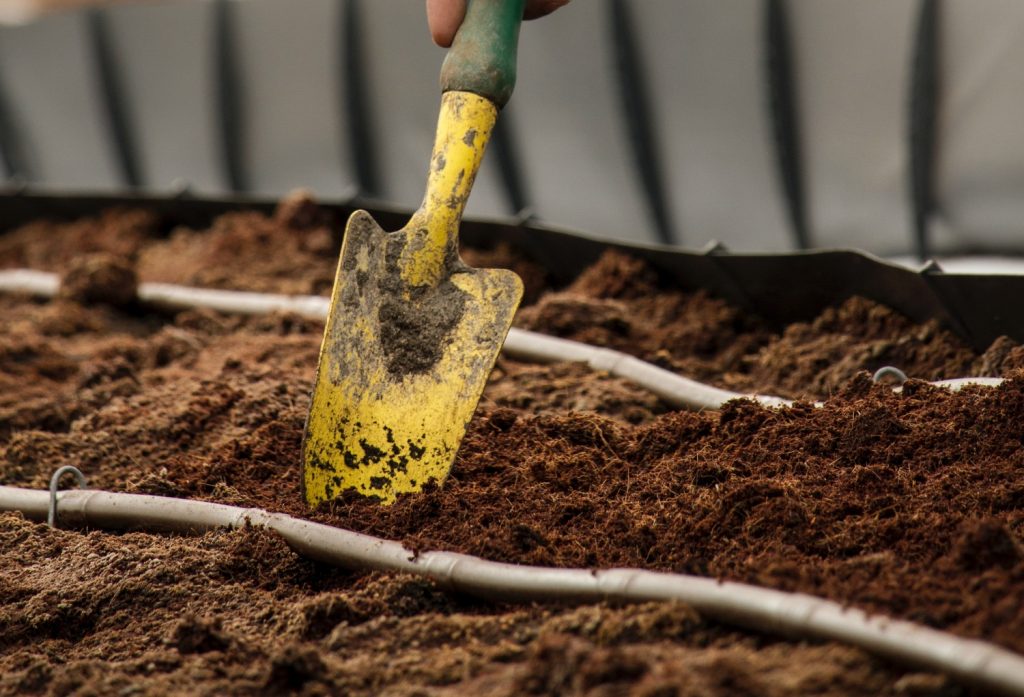
They provide great drainage
Some garden plants don’t like to sit in water for prolonged periods of time. This is especially true of herbs that are native to the Mediterranean region, including lavender, rosemary, sage, and oregano. Good drainage is critical to keeping these plants healthy. But, unfortunately, if your native soil is clay-rich, or if you live in a lowland area that tends to stay soggy, your yard may not drain well enough to keep them happy.
Metal raised garden beds that have been filled with topsoil offer excellent drainage for these plants. Topsoil is porous enough to allow excess water to run off but loamy enough to hold onto some moisture. You can line your raised metal beds with gravel to improve drainage even more. You can also start with a layer of wood, effectively creating a raised hugelkultur bed. Not only will this help with drainage, but it will also provide your plants with valuable nutrients as the wood breaks down over time.

What are the cons of metal raised garden beds?
Metal raised garden beds have far more pros than they do cons. However, depending on your gardening needs, the disadvantages may be so considerable as to render metal raised garden beds unfit for your situation. So before you commit to building or buying metal raised beds, keep these cons in mind.
Raised metal garden beds are expensive
For all of their selling points, raised metal garden beds can be costly. Commercially available metal garden beds can cost hundreds of dollars, and metal animal troughs aren’t much cheaper. Even if you choose to build the raised beds yourself, the cost of materials adds up quickly.
And once your metal raised beds have been installed, you still have to purchase soil to fill them. A quality topsoil mixture will run you about $2 to $6 on average for a 40-pound bag. If you have a lot of beds to fill, you can save money by ordering a truckload of topsoil, which costs around $200 to $400, depending on where you live.
Once your beds have been filled, the soil may need to be amended with compost, worm castings, or other substances to make it more suitable for your crops. You may also need to apply mulch, which can make your metal raised garden beds even more expensive. If money is no issue for you, then these beds are a great choice. But if you don’t want to break the bank, you may need to consider other options.
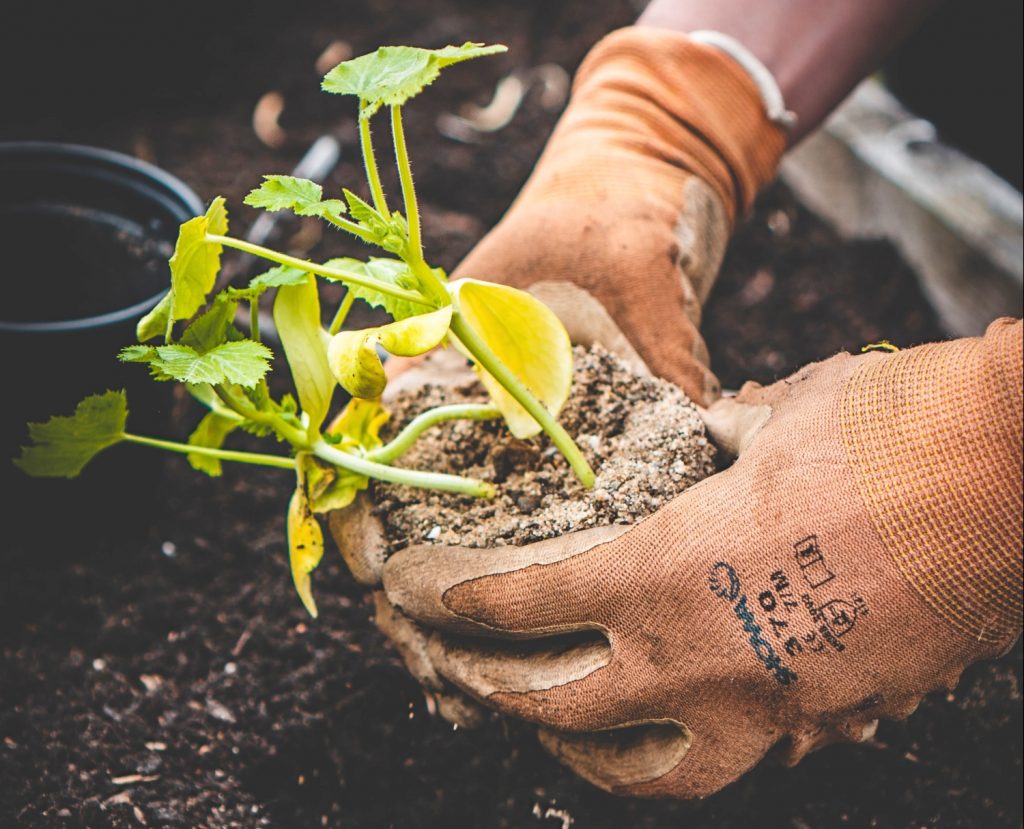
They tend to hold onto heat
The fact that metal raised beds hold onto heat can be a good thing. It allows you to start your garden earlier in the season, and it helps ward off insects. But if you live in a hot region, metal beds may hold onto too much heat, and cause your plants to suffer. Beds that are too warm can cause rapid evaporation. If your garden’s soil dries out too fast between waterings, it can cause your plants unwanted stress and may affect crop production.
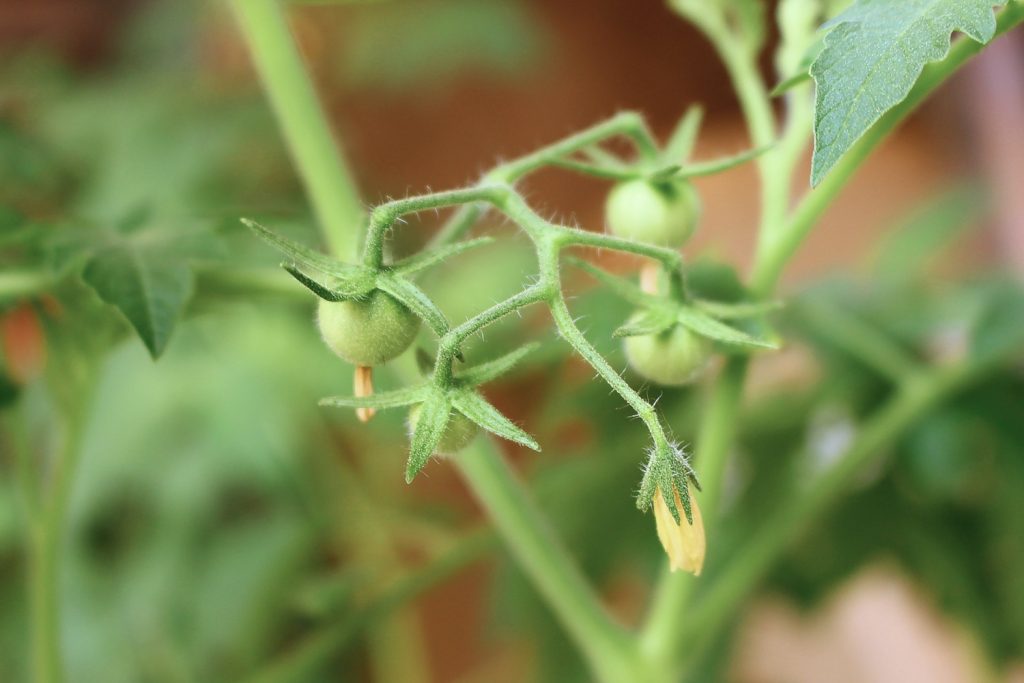
Metal raised garden beds may stay drier than some plants like
While Mediterranean-native herbs like rosemary and lavender prefer the well-drained soils that metal raised beds have to offer, other garden favorites may not appreciate staying so dry. Mint, parsley, lettuce, and members of the brassica family like to grow in soil that stays moist. While it’s certainly not impossible to grow these plants in metal raised beds, they may require more work than other plants because you’ll have to water them more often.
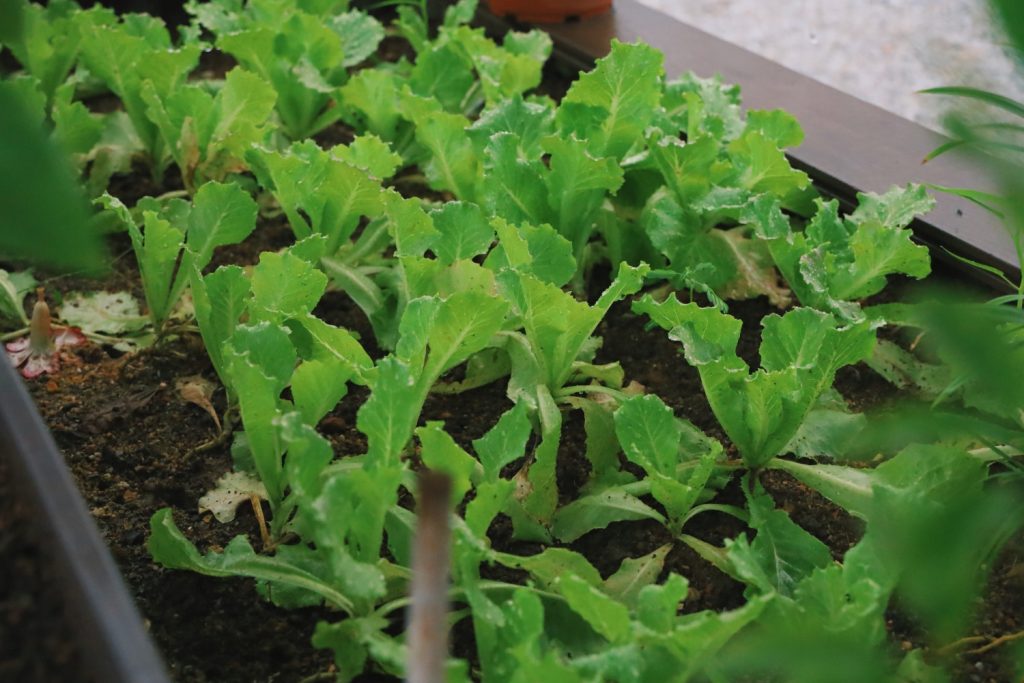
Are metal raised garden beds worth it?
If you have a small backyard space, or if your native soil is too clay-rich to even entertain the idea of growing a garden in it, then a metal raised garden bed may be right for you. Overall, metal raised garden beds are durable, sturdy gardens that are easy to manage and cut down on labor. Whether you purchase metal raised garden beds new or build your own, you’ll be saving yourself time and money in the long run.
